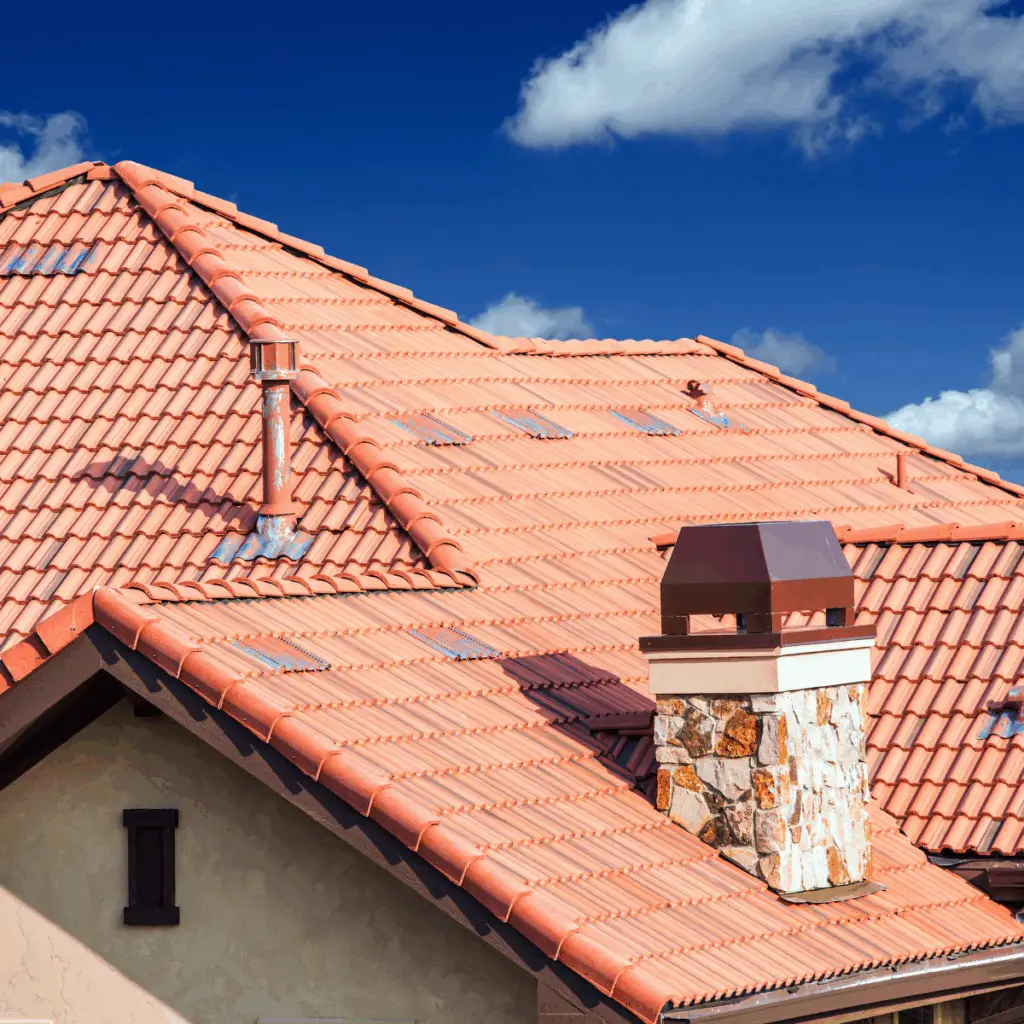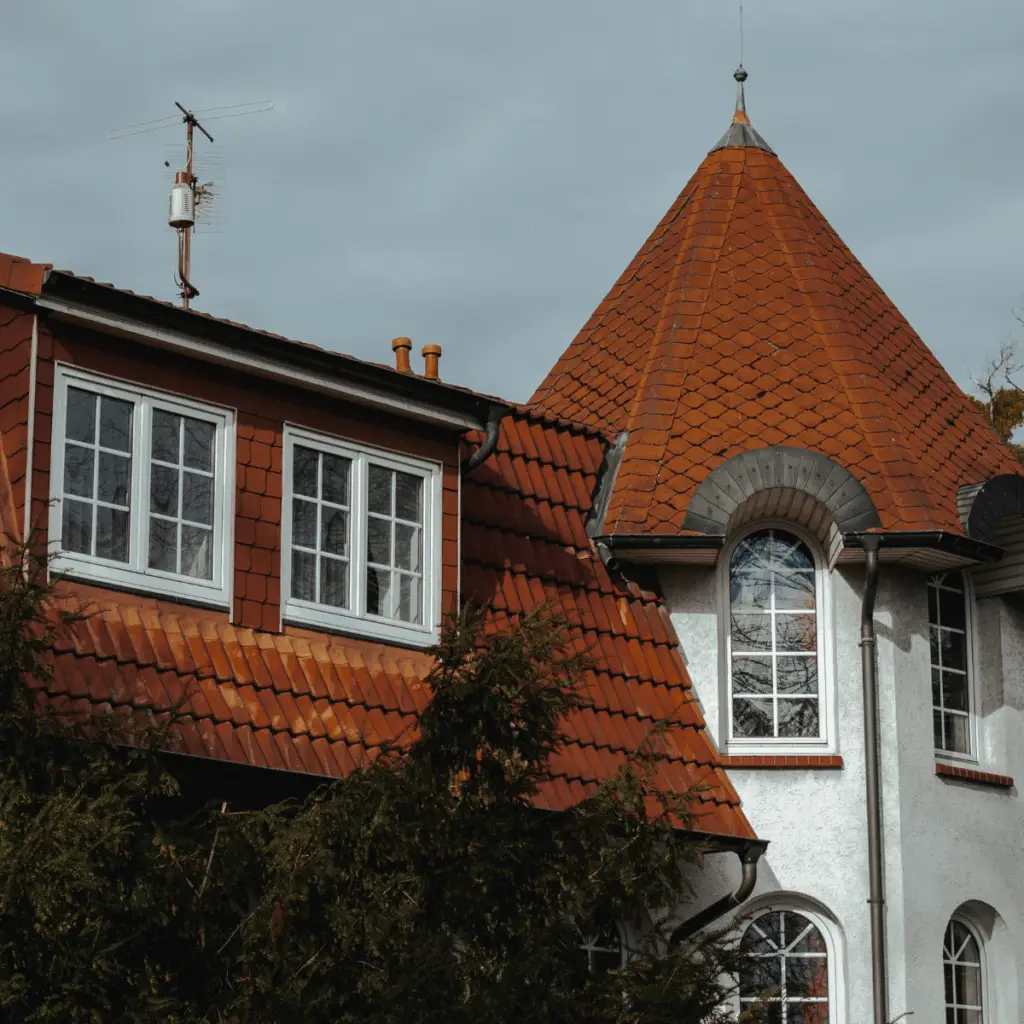If you’re considering upgrading to a tile roof—or already have one—you’re likely asking the question: How long does a tile roof last?
Tile roofing is known for its impressive longevity, especially when compared to traditional asphalt shingles. Homeowners across Dallas–Fort Worth and East Texas are increasingly turning to clay and concrete tile roofing for its resilience in hot climates and ability to stand the test of time.
Let’s dive into how long tile roofs typically last, what influences their durability, and how Shepherd Tile Roofing can help you get the most from your investment.
Average Lifespan of a Tile Roof
On average, a professionally installed tile roof can last:
- Clay tile roofs: 50 to 100+ years
- Concrete tile roofs: 40 to 75 years

Compare this to the average asphalt shingle roof, which typically lasts 15 to 25 years, and it’s easy to see why tile is a smart long-term roofing choice for Texas homeowners.
Clay Tile vs Concrete Tile: Longevity Comparison
While both materials offer exceptional durability, there are a few key differences:
| Feature | Clay Tile Roof | Concrete Tile Roof |
|---|---|---|
| Lifespan | 50–100+ years | 40–75 years |
| Weight | Lighter than concrete | Heavier, may require structural review |
| Color Retention | Excellent UV resistance | May fade slightly over decades |
| Cost | Higher upfront investment | Slightly more affordable |
What Factors Affect How Long a Tile Roof Lasts?
Several elements can impact your roof’s lifespan, including:
- Installation quality – Improper installation can drastically reduce the lifespan of any roofing system. That’s why working with certified professionals like Shepherd Tile Roofing is essential.
- Underlayment material – Tile protects the surface, but it’s the underlayment that keeps water out. A high-quality underlayment can add decades to your system’s life.
- Weather exposure – Homes in DFW or East Texas face intense sun, hailstorms, and wind-driven rain. Luckily, tile is built to withstand it.
- Maintenance – Regular inspections and debris removal are key to catching cracked tiles or flashing issues before they lead to damage.
Why Tile Roofs Are Perfect for Texas Homes
From Frisco to Tyler, Texas weather can be brutal. Tile roofing holds up where others fall short:
✅ UV Resistant – Clay and concrete reflect sunlight and withstand prolonged exposure
✅ Fireproof – Tile is a Class A fire-rated material
✅ Wind Resistant – Properly installed tile roofs can withstand wind speeds of up to 150 mph
✅ Hail Resistant – Many tile products meet Class 3 or 4 impact ratings
✅ Energy Efficient – Natural ventilation beneath tiles helps reduce cooling costs

How to Extend the Life of Your Tile Roof
Here’s how homeowners in the Dallas–Fort Worth metroplex and East Texas can maximize the lifespan of their tile roof:
- Schedule regular inspections – We recommend annual checkups, especially after major storms.
- Clean debris – Keep valleys and gutters clear of leaves, especially in shaded areas.
- Address cracked or slipped tiles – One damaged tile can expose the underlayment to water.
- Maintain flashing and sealants – Flashing around chimneys and skylights can deteriorate over time.
Pro Tip:
Shepherd Tile Roofing offers free tile roof assessments and ongoing maintenance plans to help you stay ahead of costly issues.
Tile Roofing Industry Alliance – Lifespan & Performance Info
Get a Free Tile Roof Assessment Today
Tile roofs are a long-term investment—but only if they’re installed and maintained correctly. At Shepherd Tile Roofing, we bring expert craftsmanship and local knowledge to every project, serving homeowners from Rockwall to Longview.
We specialize in:
- Clay and concrete tile roof installations
- Tile roof repair and replacement
- Underlayment upgrades and leak detection
- Storm damage assessments across DFW & East TX
